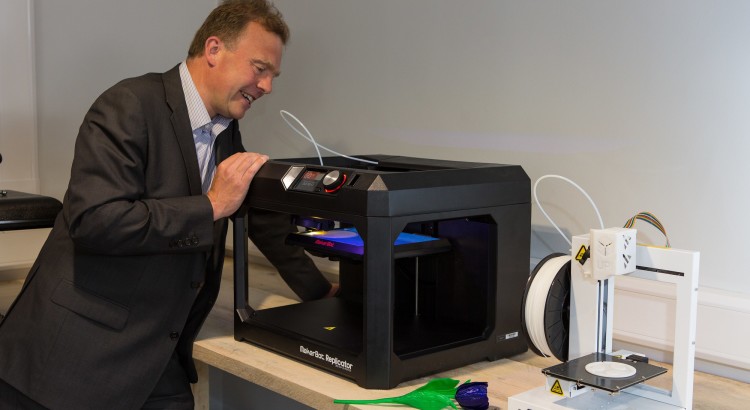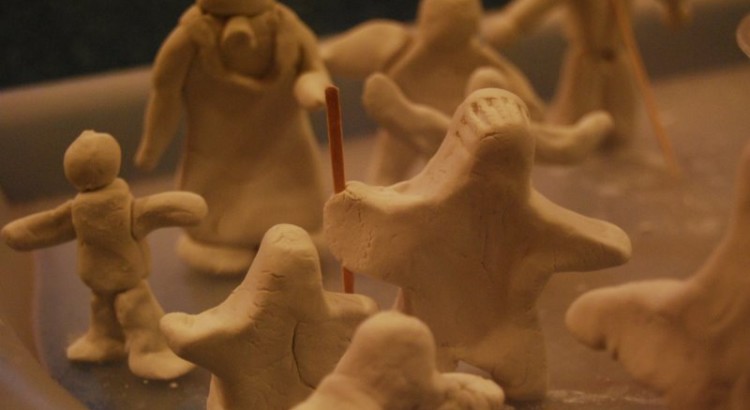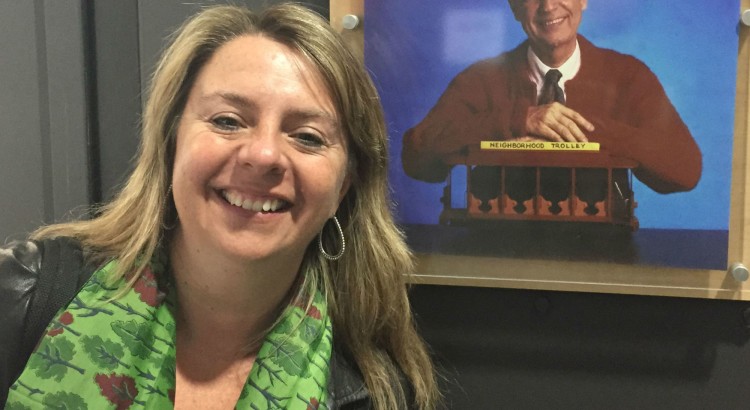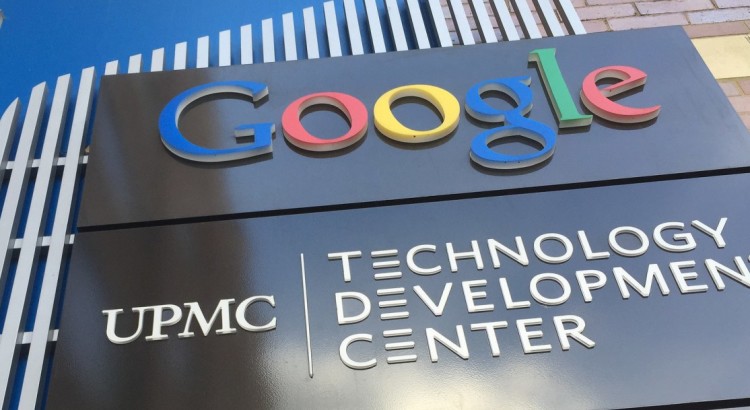There’s a great article in the New York Times today about public libraries retooling as “stuff-braries,” places to learn the guitar, borrow some snow shoes, or connect to a 3D printer.
As per usual with such articles, I found it hard to not read the whole thing by substituting “libraries” with “churches” and considering the implications. Consider this sentence:
“[Libraries] realized that the way you best serve your community is to look like them,” Professor Lankes said. “For some, that means 3-D printers. For others, it means fishing rods.”
Or this one:
The economic downturn forced many public libraries, especially in urban areas, to close branches, curtail hours and cut staff even as demand for their services by job seekers increased. To make up the difference, many libraries turned to foundations, private donors, friend groups and corporations for support.
Or this one:
The move toward electronic content has given us an opportunity to re-evaluate our physical spaces and enhance our role as a community hub.
What can churches learn from libraries, especially as both aging cornerstones of American institutional life make sense of, and common cause with, the Maker Movement?
Image credit: “Fab Lab Exeter Library” by Devon Libraries via Flickr (CC BY-NC 2.0).



